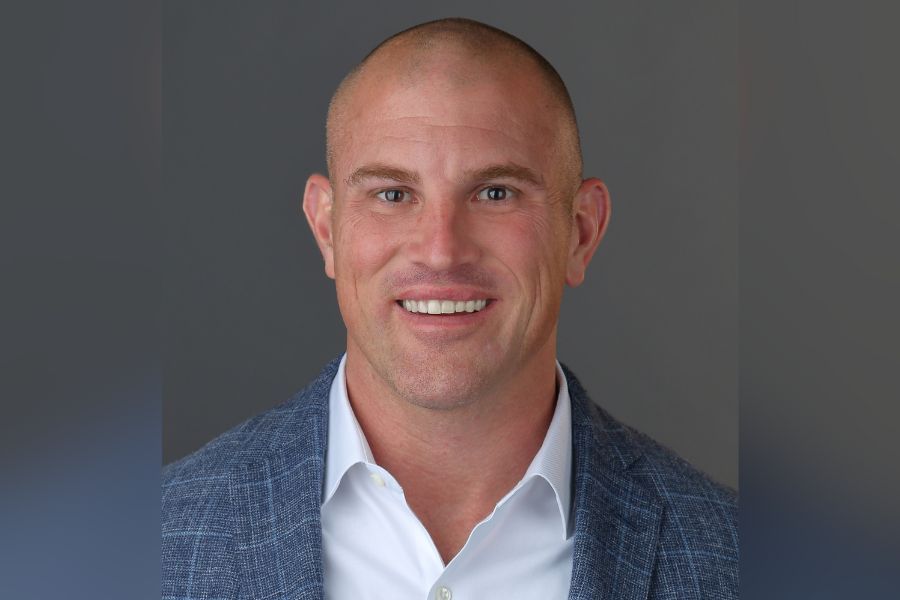After ‘the switch,’ state regulators pounced on advisers changing jurisdiction
State securities regulators cracked down on more investment adviser applications last year after thousands of midsize advisers switched to state oversight from the SEC.
State securities regulators cracked down on more investment advisers last year after thousands of midsize advisers switched to state oversight from the Securities and Exchange Commission.
A total of 3,564 license applications were withdrawn in 2012 during the vetting process, a 27% increase from 2011, according to a new enforcement report from the North American Securities Administrators Association Inc. slated for release Thursday. In addition, the states denied or revoked another 736 licenses.
The trend reflects the fact that more than 2,100 investment advisers with assets under management between $30 million and $100 million transferred to state regulation from the SEC that year under a provision of the Dodd-Frank financial reform law. State regulators issued letters of deficiency to many of the advisers who had never been examined by the SEC, resulting in withdrawal of the application. The commission has said it has the resources to perform annual examinations of only about 8% of the nearly 11,000 advisers registered with the agency.
“Closer scrutiny of licensing applications has resulted in a noticeable increase in the number of licensing withdrawals in the past year,” said Andrea Seidt, NASAA President and Ohio Securities Commissioner.
“The added attention the states gave these advisers who switched brought to light some of the issues that may not have been identified by the SEC,” said Judith Shaw, Maine securities administrator and former chairwoman of the NASAA enforcement section.
The problems that came up included firms having unlicensed investment adviser representatives, failing to document suitability in their investment recommendations and not providing appropriate privacy notifications to clients.
It’s not surprising that more deficiencies would arise in midsize firms because they have bigger books of business and are more likely to have custody of client funds or deal with complex products, according to Ms. Shaw. For the most part, the problems did not indicate fraud.
“We’re not talking about intentional efforts to violate the law,” she said.
The results demonstrate the volume of reviews more than a spike in malfeasance, according to Keith Woodwell, director of the Utah Division of Securities and vice chairman of the NASAA enforcement section.
“I don’t think there was a particular problem with the switching advisers,” he said. “It was a function of an increased quantity of audits that led to an increased quantity of enforcement actions.”
Overall, the number of state securities investigations dropped to 5,865 in 2012, from 6,121 in 2011, and enforcement actions declined to 2,496, from 2,602 in 2011. The 2012 actions resulted in $694 million in restitution, and $115 million in fines and penalties, compared with $2.2 billion and $126 million, respectively, in 2011.
The declining numbers reflect the fact that cases related to the 2008 financial crisis are concluding, according to Mr. Woodwell.
“We’re seeing the number of compliance and enforcement cases come down to pre-recession levels,” he said.
The two products at the center of the most enforcement actions in 2012 were unregistered securities and oil and gas investments.
The trend is a sign that investors are losing faith in traditional Wall Street companies because of their own compliance problems, Mr. Woodwell said.
“They’re looking for alternative investments vehicles and, frankly, that’s where people get themselves into trouble,” he said. “We try to get people to deal with the licensed industry, but the headlines don’t always help in that regard.”
Learn more about reprints and licensing for this article.








